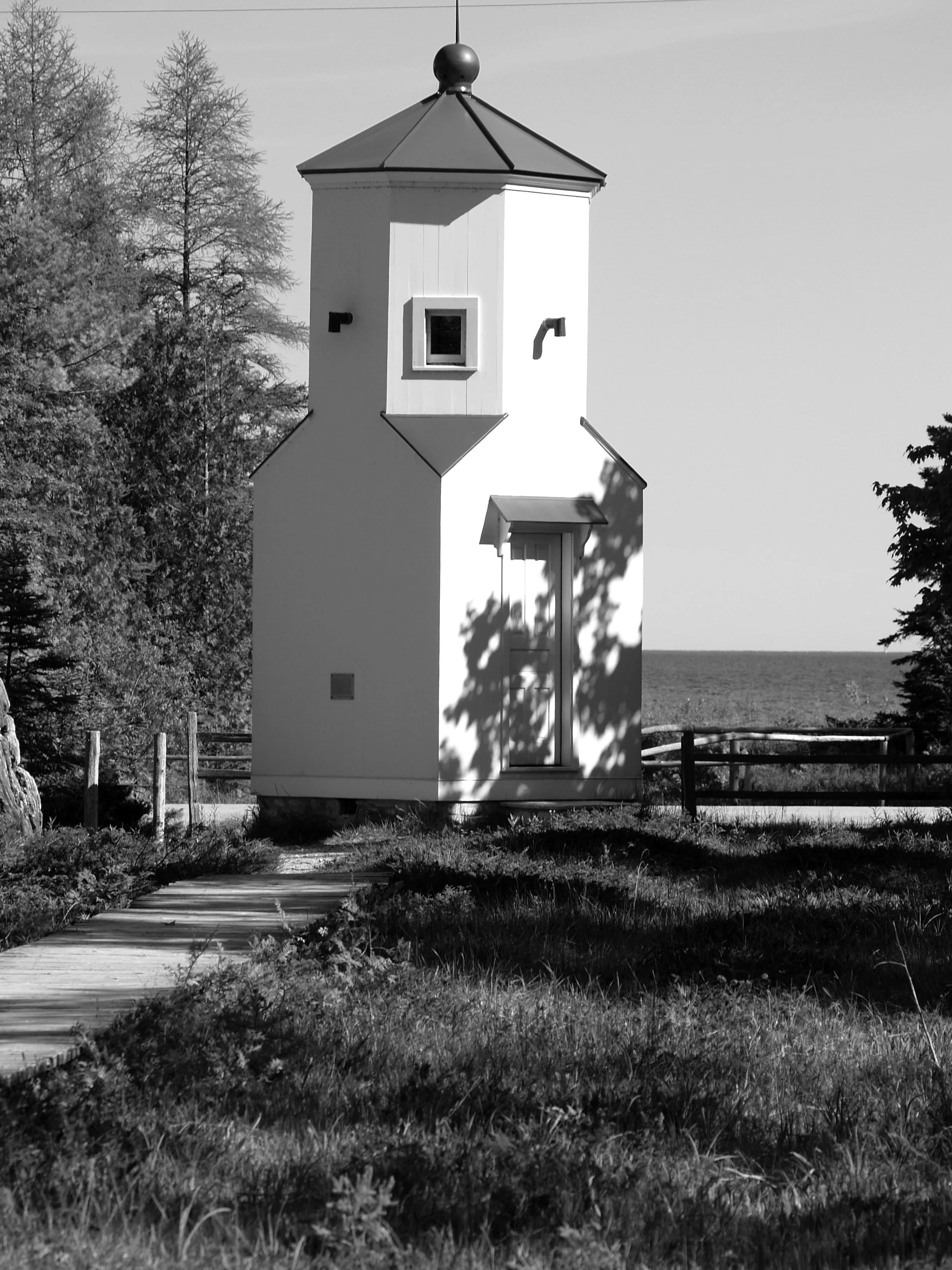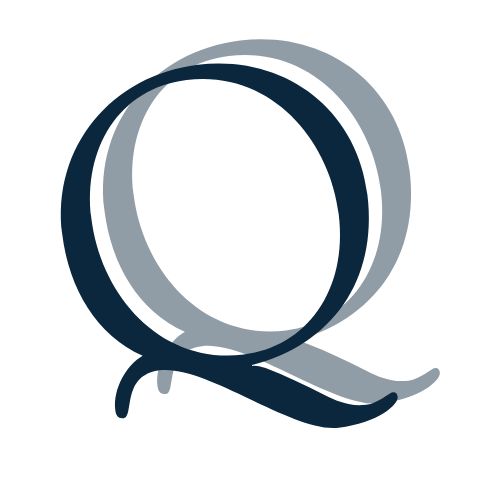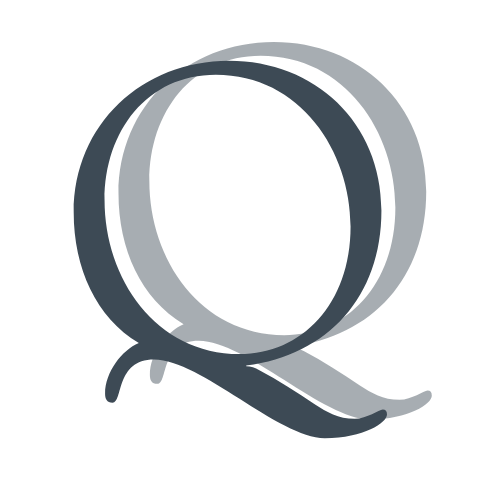
Yesterday morning, I stole an hour from the iron chains of work to charter the uncharted depths of my diary. These unforgiving times of the pandemic, of forced seclusion, have meant more merciless grindings of the work wheels, not less, within the gates of professionalism. Choosing to wade into the uncertain waters of the diary’s poetic harbour is a dangerous gamble, it threatens to eat into the precious minutes of productivity. But there's more. The act of penning down words is a beacon lit into the dark abyss where I possess little command over what might emerge, a beckoning into "chance," which Inger Christensen describes as (my version here):
a bottomless stratum of unending static from which... melodies could pour forth, or not…and not precisely when or what the self desires...
During that stolen hour, I found myself erecting lines, causing line-breaks in the flow of language I penned down. Like a gift from the gods, I witnessed enjambments birthing dual interpretations that I had not consciously engineered. These unique types of enjambments, I affectionately term, "Janus enjambments": like the mythical Janus, they look in two opposing directions simultaneously.
It struck me then, like a thunderbolt in clear skies, how the presence of Janus might carry significance beyond a mere poetic coinage in times when I, like countless others, am grappling with the overwhelming tide of Covid19 (the enormous life upheavals, unforeseen and often irreconcilable changes, the perpetual spectre of sickness and mortality). As grim as it all appears, perhaps there lurks a Janus enjambment in the shadows of this monstrosity.
If I fail to recognise the dual significance that the final word of a line acquires due to its intertwined relation with the next one, then I might end up feathering away its dual existence during a revision. If I fail to discern a Janus enjambment in my daily life, then I risk ignoring a significant intersection, and might not allow for both the paths, thereby missing the wisdom offered by the path least expected, the one that chance has momentarily allowed to glimmer.
I hark back to the time before Covid19, when I conducted a six-hour exploration on "catastrophe." I felt a shared anxiety regarding our sociopolitical scenario, and I believed that this kind of pursuit could prove beneficial for my writer comrades and myself. My intention was to start from the very roots of the word: derived from Latin 'catastropha', and from Greek 'katastrophē': ‘overturning, sudden turn,’ from 'kata–' ‘down’ + 'strophē' ‘turning’ (from 'strephein' ‘to turn’). While scouting for resources to conduct the exploration, I learned the legend that the stars would occasionally bestow a larger portion of their celestial illumination towards Earth, offering enlightenment, similar to that of an oracle's (though interpreting an oracle is not a straightforward task). Etymologically speaking, such sudden arrival of wisdom (irrespective of where we find it) is deemed as 'catastrophe', which, while not necessarily capable of reducing impending disaster, has the potential to awaken our innate, creative intelligence to respond to its call.
Yesterday morning, the unforeseen appearance of a Janus enjambment in my journal could have marked the instance of the stars gifting me a catastrophe – both a wake-up call and a summons to look within my existence, to live each moment as it arrives, and to decipher the multiple facades it might bestow.
Elina Kumra is a young poet from San Jose, California. She is Reed Magazine’s 2024 Emerging Writer, a fiction finalist for Quarterly West, Fractured Lit, and TABC Poetry, 2022 Sunnyvale’s Youth Poet Ambassador, Honored by Scholastic Writing, and published in over 15 literary magazines. Her primary goal is to tackle illiteracy by promoting equity and accessibility within the educational system.
Elina is also an accomplished concert pianist and numismatist. She is currently focusing on A Brush on Recovery, a 501(c)(3) non-profit organization she founded that promotes mental health awareness and opiate recovery through poetry.

